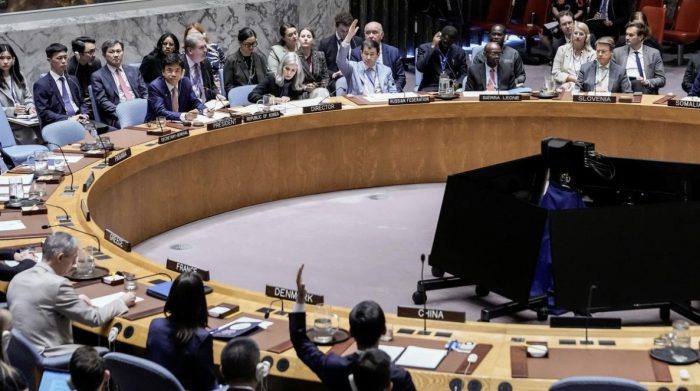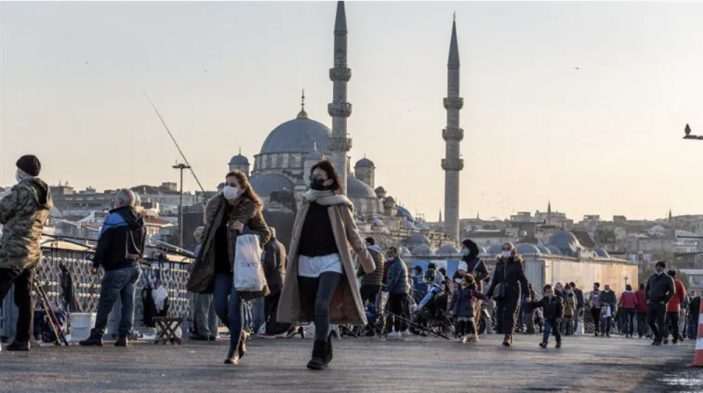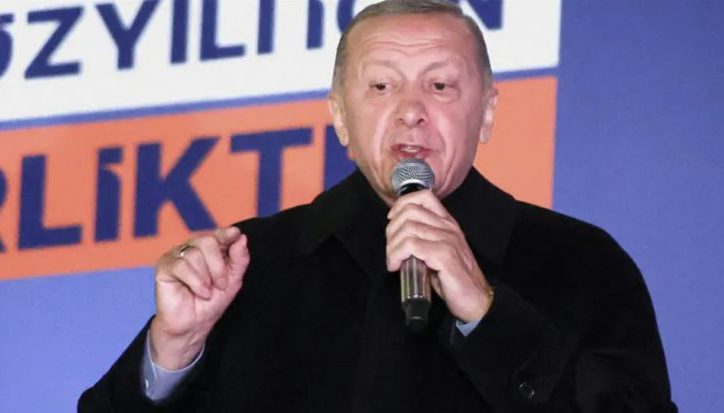The UN Security Council blocked Moscow and Beijing’s last-minute maneuver to protect Tehran, clearing the way for crushing sanctions on Iran’s terror-fueled nuclear program.
The clock has run out for Iran. On Friday (Sept. 26, 2025), the UN Security Council rejected a desperate resolution by Russia and China to delay the reimposition of sanctions on Tehran, effectively triggering the long-feared “snapback” mechanism under the 2015 nuclear deal.
Beginning Saturday, sweeping sanctions will once again freeze Iran’s overseas assets, ban arms sales, and penalize development of its ballistic missile program—a devastating blow to the regime’s already collapsing economy.
Europe Calls Iran’s Bluff
For weeks, Britain, France, and Germany pressed Tehran to comply with nuclear transparency requirements. Instead, Iran stonewalled. The Europeans finally pulled the trigger, accusing Tehran of hoarding more than 400 kilograms of enriched uranium—much of it enriched up to 60%, a hair’s breadth from weapons-grade.
Western diplomats made clear: Iran is the only non-nuclear weapons state enriching uranium at such dangerous levels. The regime’s excuse—that it only wants “peaceful energy”—has been shattered by the facts.
Russia and China: Standing With a Rogue State
As expected, Russia and China, joined by Pakistan and Algeria, tried to stall sanctions, whining that the West was “blackmailing” Iran. But their resolution failed to gain the nine votes needed. The rejection leaves Moscow and Beijing exposed as enablers of a regime that openly threatens Israel, destabilizes the Middle East, and bankrolls global terrorism.
Iran’s Empty Rhetoric
Iranian Foreign Minister Abbas Araghchi begged the Security Council for more time, accusing the West of “dictates.” But even as he postured in New York, Iran’s Supreme Leader Ayatollah Ali Khamenei had already declared peace talks with Washington “a sheer dead end.”
Tehran even threatened to pull out of the Nuclear Nonproliferation Treaty (NPT)—a move eerily reminiscent of North Korea before it built the bomb. That threat, combined with its refusal to grant full access to inspectors, only hardened the resolve of the West.
Israel and the U.S. Factor
Iran’s brinkmanship comes just months after its humiliating defeat in the 12-day war with Israel, during which Israeli and American forces bombed key nuclear facilities. Those strikes crippled Tehran’s infrastructure, but the regime continues to cling to enriched stockpiles and terror proxies.
The International Atomic Energy Agency (IAEA) confirmed Friday that inspectors remain in Iran, but warned that Tehran could cut cooperation entirely if sanctions return. European officials were unmoved, insisting that limited gestures like fuel swaps at Bushehr were meaningless without full compliance.
What Comes Next
By Saturday, Iran will face renewed global isolation, its weapons pipeline cut, its missile program under pressure, and billions in foreign reserves frozen. The “snapback” marks a rare moment of clarity at the UN: a refusal to let Tehran blackmail the world into tolerating nuclear terror.
For Israel and the West, it is a crucial step in blocking Iran’s march toward the bomb. For Iran, it is another reminder that time—and patience—has run out.





